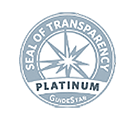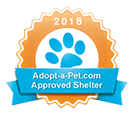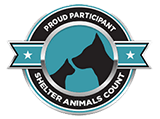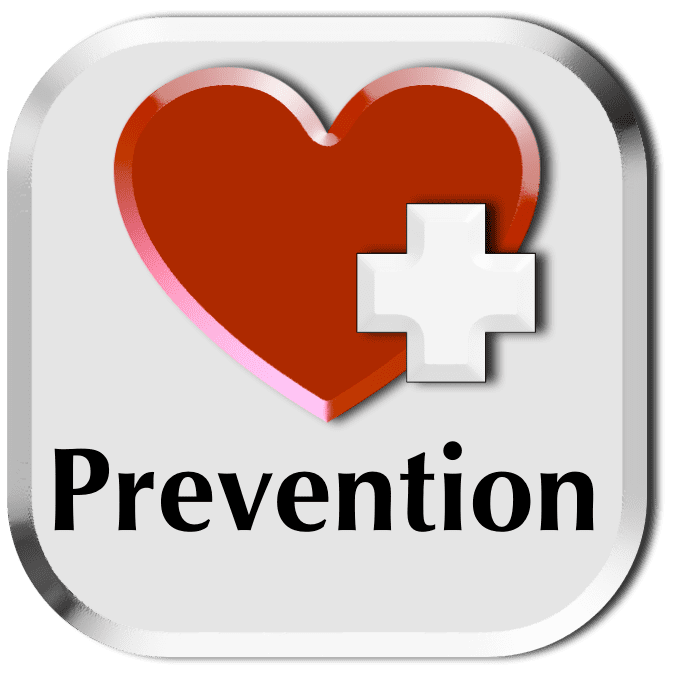
IVDD Prevention Steps
Every dachshund owner fears the worst when it comes to the well-being of their doxie’s spine. Time after time we are asked what we do to prevent this tragic disease. Prevention is not a word we use for the steps we take here; it is thought of as risk management. How can we lower or manage the risk of trauma?
Here are some suggestions:
- Keep your dachshund fit and trim. Look to the breed standard for what your dachshund should look like.
- Feed a diet enriched with joint supplements such as Royal Canin JS.
- Add additional joint supplements before serving their main meal. Potency can be an issue with dry kibble as it is shipped and stored.
- Exercise your doxie regularly in an age-appropriate manner. Remember that although both a 2-year-old and a 9-year-old are at risk, their levels of exercise tolerance are different.
- Try to avoid activities that inflict trauma including jumping and twisting motions [down from bed, dancing, etc].
- When adding a new dachshund to your family, choose your breeder carefully. Ask about the incidence of IVDD in their lines and always look to the American Kennel Club [AKC] for responsible breeders in your area.
- Learn to lift properly. Here is a video on the correct way to lift your doxie. Talk to your veterinarian if you are not sure where and how to position your hands to provide a lift that ensures a level spine.
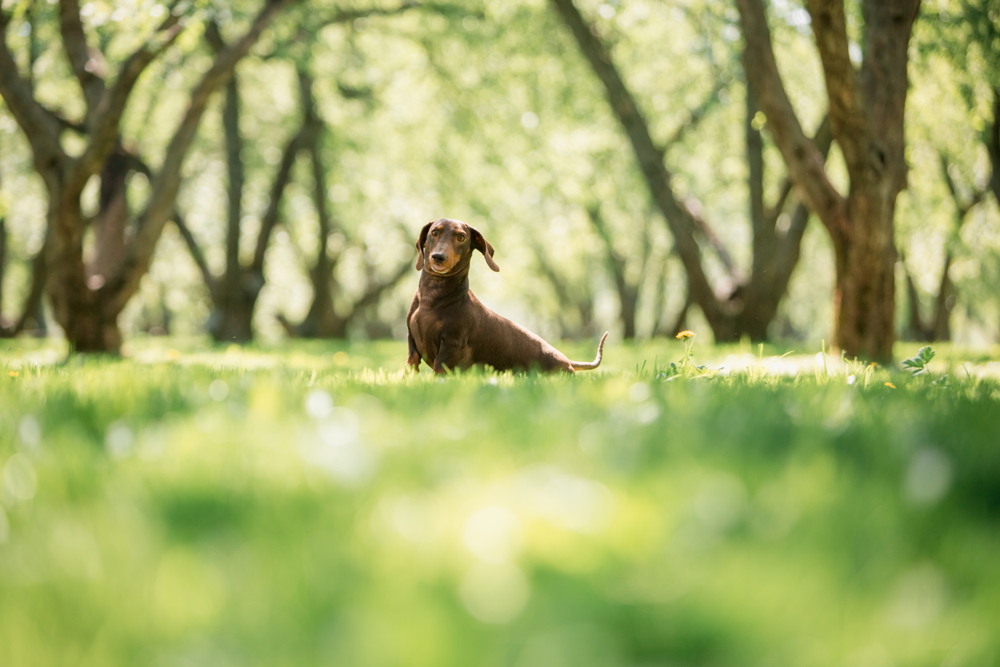
Note that the back is always supported and straight throughout the lifting process and that the doxie is placed back on the floor gently. Please drop us a note if you have found other ways to manage the risks for your doxies. We want to hear from you.
Additional Notes:
- There are no ‘over-the-counter’ fixes for IVDD. Please consult a qualified veterinarian before using any medications or OTC products on your dachshund.
- The information offered herein is for informational and educational and purposes only. Seek the timely care of a licensed veterinarian or veterinary surgeon if you believe your dog is exhibiting any of the signs or symptoms of IVDD. This website does not seek to diagnose or treat IVDD.


